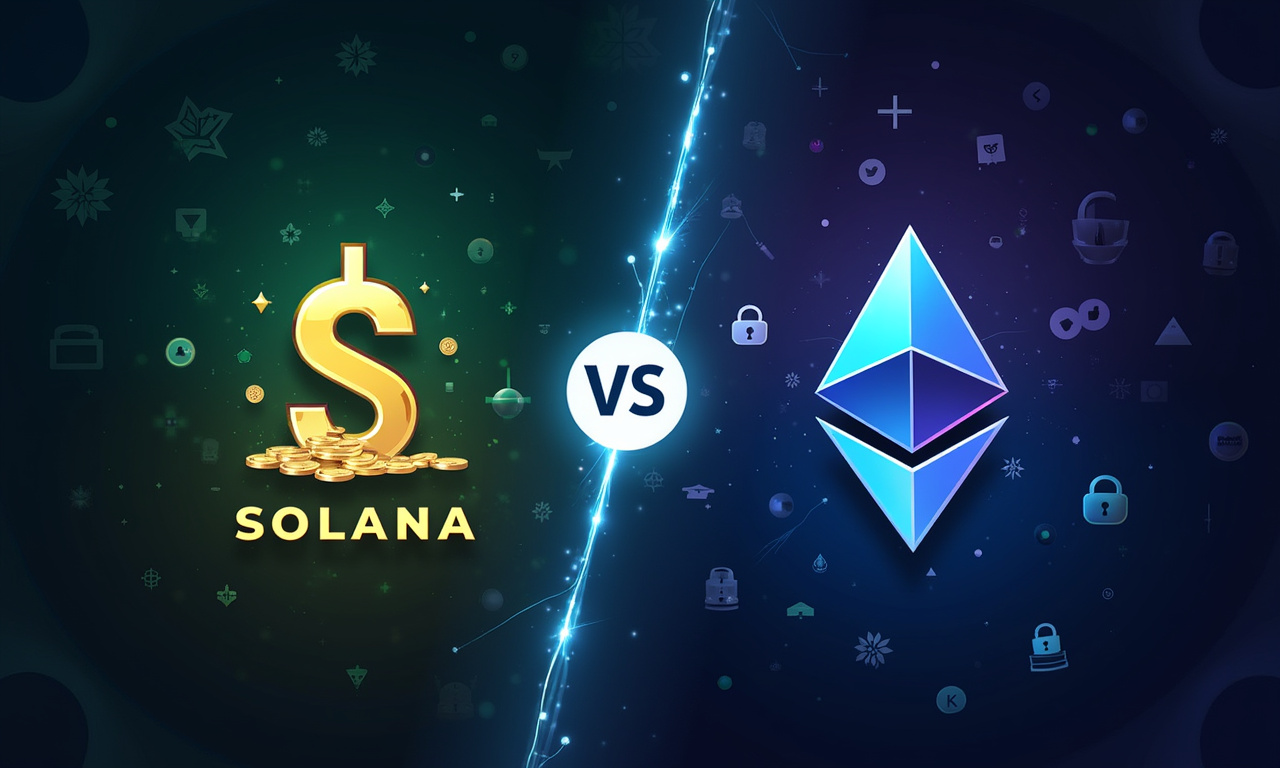
Let's cut straight to the chase: losing your crypto is like watching your money vanish into thin air. You panic. You Google. You desperately search for a lifeline. Enter the crypto recovery service, and of course, hoping to be that lifeline. Are they really the heroes on horseback they pretend to be? Or will they end up being yet another vaporware mirage in the dunes of DeFi?
Too Good to Be True Promises?
The total amount in crypto that has been lost is staggering. Hacks, scams, forgotten passwords… it’s a digital Wild West out there. The issue isn’t merely the dollars lost, but rather the finality with which it’s done. Unlike a mistaken bank transfer, a crypto transaction can be very difficult if not impossible to reverse. That leaves a huge vacuum. When a vacuum is created, someone will always be there to fill the empty space—which is sometimes for sale.
So now, these recovery services, they make it all sound very simple. Blockchain forensics! Cryptographic wizardry! Legal eagles on standby! They’ll hunt out your stolen Bitcoin, bring your vanished Ethereum back to life, and send it all home to you, beautifully gift-wrapped. Sounds amazing, right? Before you remortgage your home to pay their consulting fees, let’s apply a little cold dose of reality.
Think of it like this: you lose your keys in a crowded city. A Sherlock Holmes-like locksmith vows to locate them, often with enhanced key-tracking technologies and a squad of elite key-searchers. Maybe they can do it. Or just charge you an arm and a leg for the privilege of telling you Ubermensch – your keys are irretrievable. The crypto recovery world is similar. It’s a spectrum that ranges from the totally legitimate to, frankly, complete scams.
Desperation Fuels Deception Always
Here’s the uncomfortable truth: the desperation of people who have lost their crypto makes them easy targets. These scammers prey on hope. Then they dangle the prospect of recovering your life savings in front of you when they know you’re at your most vulnerable.
The rage I experience when I consider these vultures seeking to profit from the deep misfortune of others is indescribable. It's a moral outrage, plain and simple.
- Guaranteed Recovery: No legitimate service guarantees recovery. It's just not possible. Blockchain analysis is complex, and even the best experts can't always trace stolen funds, let alone retrieve them.
- Upfront Fees That Are Excessive: A reasonable fee for consultation and initial assessment is normal. But demands for large sums upfront, before any work is done? Run. Fast.
- Pressure Tactics: Rushing you into a decision, claiming limited-time offers, or using scare tactics are all classic scammer moves.
- Lack of Transparency: Vague explanations of their methods, refusal to provide verifiable credentials, and a general air of secrecy are major warning signs.
Apart from legitimate services, even at the best of times, the road to recovery is filled with barriers.
The Real Crypto Recovery Roadblocks
So, we might ask, where does this leave us in 2025? Are these crypto recovery services just snake oil, or is there real promise for recovering lost assets?
- Technical Limitations: Blockchain analysis is powerful, but not magic. Tracing funds through multiple wallets, mixers, and privacy coins is incredibly difficult. Often, the trail goes cold.
- Legal Hurdles: Even if you can identify the thief, pursuing legal action across international borders is a nightmare. It's expensive, time-consuming, and often fruitless.
- The Nature of Decentralization: The very features that make crypto attractive – decentralization, anonymity, lack of central authority – also make recovery incredibly difficult. There's no "undo" button.
The answer, as always, is nuanced. The technology is improving. Blockchain forensics are becoming more sophisticated. Legal frameworks are slowly catching up. The risks remain significant.
| Technique | Description |
|---|---|
| Blockchain Analysis | Tracing transaction flows to identify potential points of origin or exchange. |
| Intelligence Gathering | Researching and identifying individuals or groups involved in theft or scams. |
| Legal Action | Pursuing court orders to freeze assets or compel exchanges to release information. |
| Negotiation | Attempting to negotiate with the thieves for the return of funds (highly risky, rarely works) |
| Vulnerability Exploitation | Identifying and exploiting security flaws in exchanges or wallets. |
2025: Hope Lingers, Tread Carefully
In short, the crypto sphere requires a degree of personal accountability that most people are not ready to accept. It’s a fast and dangerous world of amazing new opportunity and great new risk. And until the regulations catch up and the industry matures, the uncomfortable truth is that you’re mostly going to be on your own. Be careful out there.
The answer, as always, is nuanced. The technology is improving. Blockchain forensics are becoming more sophisticated. Legal frameworks are slowly catching up. But the risks remain significant.
Here's my advice:
- Prevention is ALWAYS better than cure. Secure your wallets. Use strong passwords. Be wary of phishing scams.
- Do your due diligence. If you do need a recovery service, research them thoroughly. Check their credentials. Read reviews. Talk to other clients.
- Be realistic. Understand that recovery is not guaranteed, and it may be expensive. Don't throw good money after bad.
- Trust your gut. If something feels off, it probably is.
Ultimately, the crypto world demands a level of personal responsibility that many people aren't prepared for. It's a world of incredible opportunity, but also significant risk. And until regulations catch up and the industry matures, the "uncomfortable truth" is that you're largely on your own. Be careful out there.

Tran Quoc Duy
Blockchain Editor
Tran Quoc Duy offers centrist, well-grounded blockchain analysis, focusing on practical risks and utility in cryptocurrency domains. His analytical depth and subtle humor bring a thoughtful, measured voice to staking and mining topics. In his spare time, he enjoys landscape painting and classic science fiction novels.








